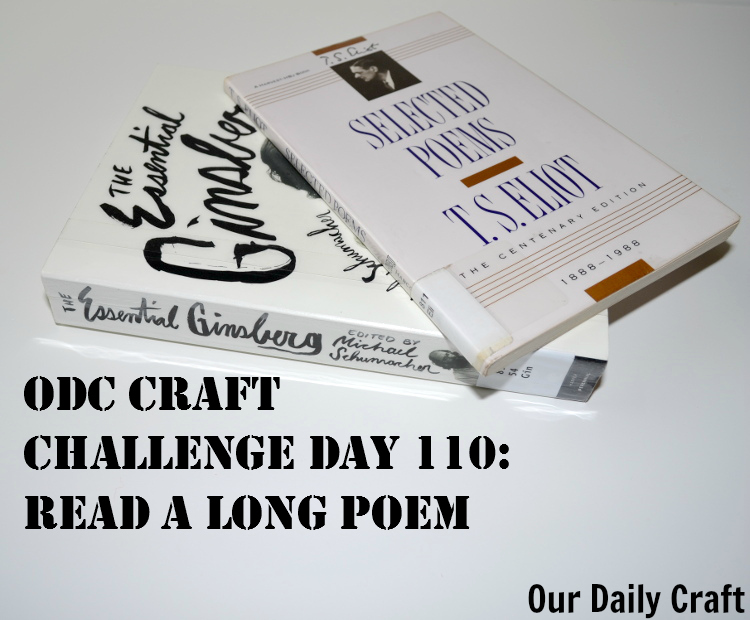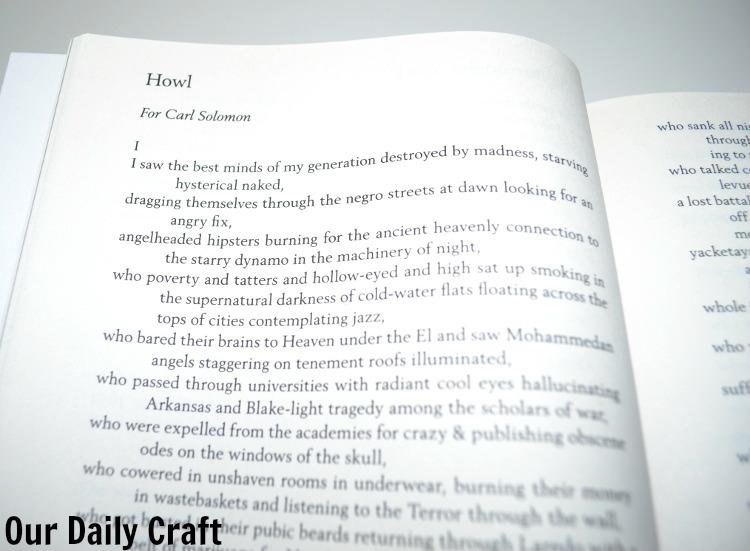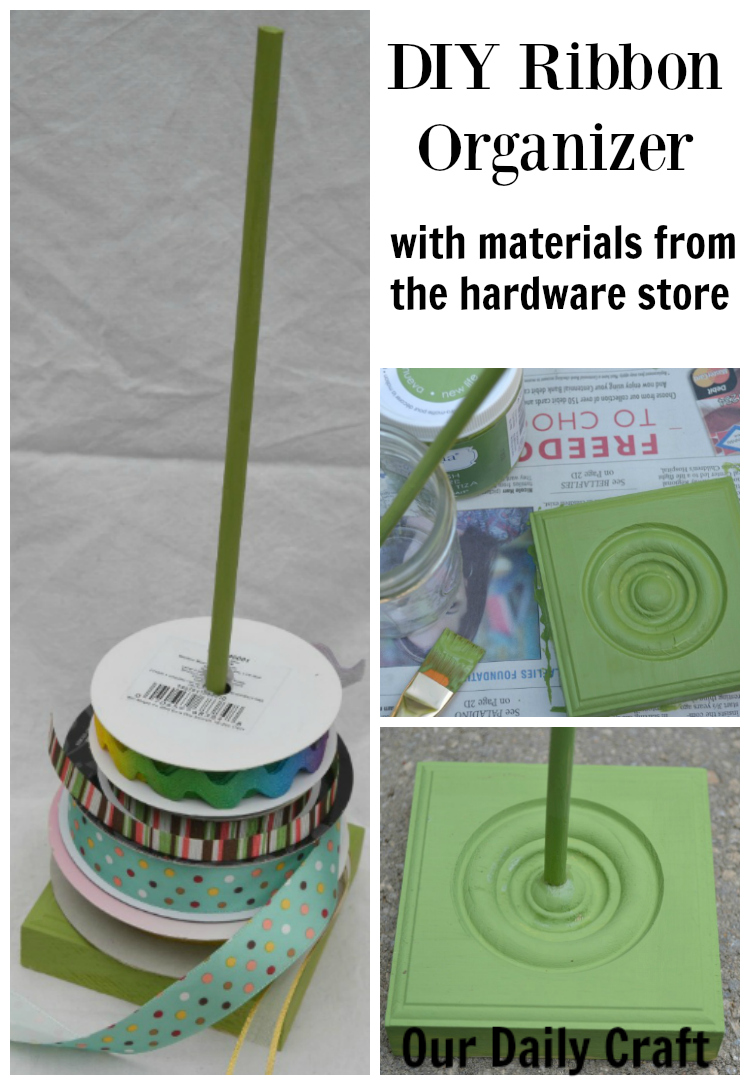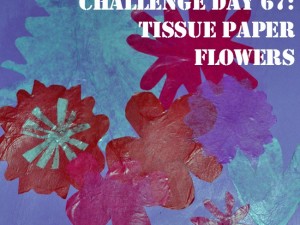Affiliate links may be included for your convenience. View our privacy and affiliates policy for details.
Reading poetry is actually a great way to jumpstart creativity in your own brain. We’ve talked a little bit about reading poetry when we compiled our poetry books yesterday, but today’s challenge is a little more challenging: read a long poem.
Why Read a Long Poem?
Long poems can mean different things to different people, from Beowulf to “Song of Myself.” I’m aiming for a poem you can still read in a sitting or two, not a book-length verse. But either way, I think long poems challenge us in ways that shorter poems don’t always.
They are more like novels than the short stories of short poems; we have to invest more in order to get more out of them.
This long read about long poems from the Academy of American Poets website says that long poems are extreme, they grapple with narrative in a way shorter poems can’t but still aren’t prose, they require time and dedication to read and understand, they are confessional and intimate and look at the big picture, they are ambitious and big enough to allow the poet (and the reader) to change his or her mind, they are imperfect and about process and full of a huge range of emotions. Among other things.
They are worth the time they take to read and reread and grapple with, because they tell us something about the time in which they were written, the poet and his or her place, and, of course, about ourselves in our reactions to them.
How to Read a Long Poem
If possible, read your poem out loud, or find a recording of it online (though I think there’s something important about hearing poetry in your own voice).
Take your time. It would be great if you could read the whole poem in one sitting, but take breaks if you need to.
Read something you think you’ll enjoy. Don’t read something you were forced to in high school or that you don’t have interest in. There’s something out there for everyone.
Rachel Zucker, the author of that piece on long poems linked above, lists quite a few options:
I’m talking about “Hymn to Life,” “A Few Days,” and “The Morning of the Poem,” all by James Schuyler. I’m talking about The Descent of Alette, by Alice Notley; way, by Leslie Scalapino; Midwinter Day, by Bernadette Mayer; Autobiography of Red, by Anne Carson; My Life, by Lyn Hejinian; “Howl,” by Allen Ginsberg; “Song of Myself,” by Walt Whitman; Model Homes, by Wayne Koestenbaum; David Antin‘s talk poems; “Not a Prayer,” by Heather McHugh; “A Poem Under the Influence,” by David Trinidad; Paterson, by William Carlos Williams; Iovis, by Anne Waldman; Tender Buttons, by Gertrude Stein; The Angel of History, by Carolyn Forché; The California Poem and The Book of Jon, by Eleni Sikelianos; Plot, by Claudia Rankine; Deepstep Come Shining, by C. D. Wright; “Self-Portrait in a Convex Mirror,” by John Ashbery; Jane, by Maggie Nelson. These are just a few of my favorites.
Or see the make a poetry book post for more on where to find good poems if you don’t have something in mind.
I decided to read “Howl,” because I’d never read it before and I always felt like I should have. It’s not incredibly long. Reading it and the “Footnote to Howl” took maybe 30 minutes with a break to rest my voice.
Don’t be afraid to look things up. It’s possible the poem you read won’t be from a time period you know much about, or the poet may talk about things you don’t understand. I had to look up Moloch, for instance. And I didn’t know who Carl Solomon was, though I’m delighted to learn he really did throw potato salad at a CCNY lecture an Dadaism.
I know I will have to read this poem — and read about this poem — a lot more to even begin to understand it, but I’m glad that I finally got started. And I checked out a huge book of Ginsberg from the library so I’m sure I’ll read some other things, too.
If you try this, I’d love to know which poem you choose. Or if you have any favorite long poems, I would love to add them to my reading list!


